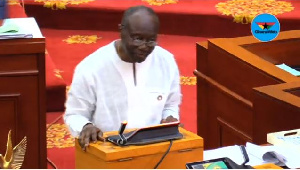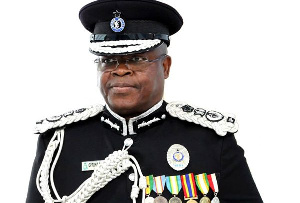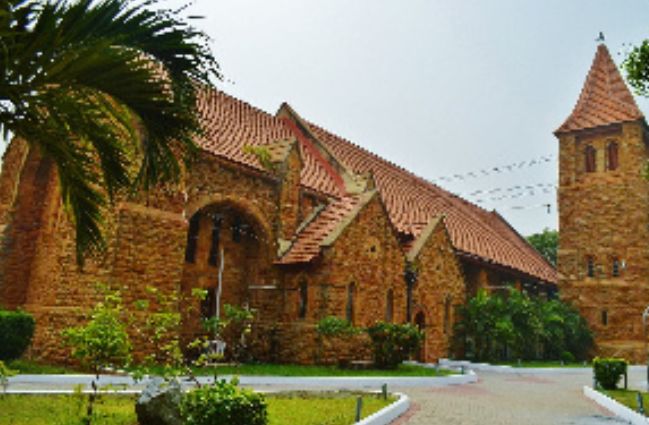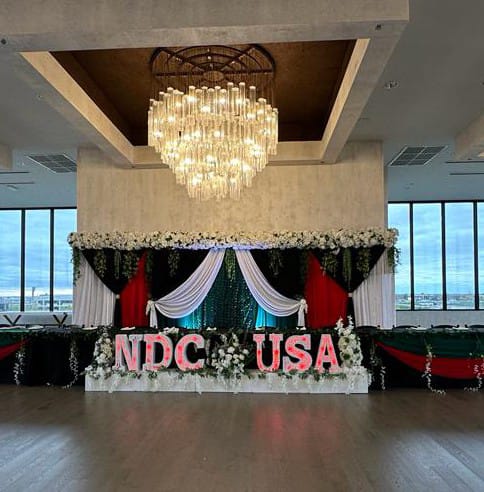How the Ewe tribe came to be

The Ewe are one of Ghana’s five main ethnic groups (United States Jan. 2002) and reside mainly in the southeast region of the country (Ethnologue July 2002) but also inhabit the southern half of Togo (Ewe Culture 2002).
Details of Ewe traditions of origins as narrated by D. A Chapman – a conscientious chronicler, indicate that Ewes look back to Oyo (now Old Oyo), and Ketu in Yoruba as their principal centers from where they migrated to occupy the land they inherit today.
According to Yoruba traditions, Old Oyo was founded by Oranyan, a grandson of the mythical Ododuwa, an early ancestor of the Yoruba people.
Ketu is believed to have been founded by Alaketu, a relation of Oranyan. Ewes migrated in waves westwards from Old Oyo and Ketu, and after many years, built settlements in Tado near the River Mano, as well as Notsie in French Togo.
This took place probably in the 15th or 16th century. The settlement at Notsie rapidly grew in size and population.
The Fon moved away to the east and founded Dahomey (“the Land of Snakes)”. When Yoruba began to expand, the Ewe and other related people moved westwards. They split into two big divisions. One division was further divided into two; one of these sub-divisions founded a new settlement near the River Mano and called it TADO; the second sub-division settled between the rivers Mano and Haho and named it Notsie.
The kingdom of Tado, was rocked by unrest which gave rise to emigrations to Notsie. Following the path of a hunter called Afotse, waves of emigrants came from Dagbo and Tado and came to join their relations at Notsie where they became known collectively as Dogboawo.
Owing to additional waves of migrants from Tado and Dogbo, the small town of Notsie grew in importance. At Notsie, they were ruled by a cruel king called Agokoli. Tired of his cruelty, the people gathered together under the wall of Notsie one day, with drumming and dancing, pretending to be celebrating a festival, they broke the walls of Notsie and escaped.
As the Ewe migrated from Notsie in about 1720, they divided themselves into three large groups, One wave skirted the foot of the uplands to the northeast, penetrating the valley, occupied part of the hill country, throwing off colonies as they went along till they halted at Kpando and Gbi Hohoe, because some Akan and Guan speaking people had already established themselves on that part of the region.
The second wave founded Ho and the third wave, made up of various sections of the Dogboawo and led by Amega Wenya, moved southwards till a split occurred at Gafe.
This article is teased out of an earlier GhanaWeb publication that looked extensively at tribes in Ghana. It has been republished as GhanaWeb marks the 2024 Ghana Month.
Also, the following content, which is sourced from ferrusca.files.wordpress.com, provides some further indepths into who and what the Ewe people are made of.
Source: www.ghanaweb.com





